Current group members
Jamie Blundell, group leader (2017 - present). [CV][Twitter][SCHOLAR]
Jamie is the Ursula Zoellner Professor of Cancer Research at the University of Cambridge. He trained as a theoretical physicist at the Cavendish Laboratory, University of Cambridge with Eugene Terentjev studying the statistical physics of polymers. He moved to Stanford University in 2012 as a postdoctoral scholar working on the dynamics of clonal evolution with Daniel Fisher, Sasha Levy, Dmitri Petrov and Gavin Sherlock. He joined the Early Cancer Institute in July 2017 and was awarded a UKRI Future Leaders fellowship in September 2019. His research interests lie in quantitatively understanding somatic evolution and adaptive immunity. He is also the Anthony L. Lyster fellow at Queens’ College.
Jinqi Fu, post doc (2018 - present)
Jinqi received her BSc in Veterinary Medicine from Qingdao Agricultural University and then moved to China’s CDC to complete her MSc on developing a universal vaccine against influenza A virus. She then obtained her PhD from the Department of Veterinary Medicine, University of Cambridge where she worked on developing a novel DNA barcoding system to investigate transmission dynamics of influenza A viruses among pig populations. Jinqi is working on using longitudinal TCR repertoire profiling as a possible early cancer detection tool.
Iñigo ayestAran, Post Doc (2019 - present)
Iñigo is a computational biologist. He graduated from the Computational Biology MPhil in Cambridge in 2017 and then worked as a staff bioinformatician in Prof Steve Jackson’s lab. He joined the lab as an MRC funded PhD student in 2019-2024, and currently holds a postdoc position funded by the ACED consortium. His research focuses on the development and application of quantitative methods to understand T-cell receptor repertoire data.
DANNY TEMKO, Post Doc (2023 - present)
During his computational biology PhD at UCL, Danny’s work identified the landscape of selection of amino acid changes within common driver genes across cancer types. During postdoctoral work at Harvard, Danny developed machine learning approaches to understand how genetic variation influences cellular regulatory processes across several tissue types, with a view to enabling improved cancer therapies. In the Blundell lab, Danny is interested in developing and applying cutting-edge AI approaches to advance our understanding adaptive immunity in cancer.
shelly evans, phD student (2023 - present)
Shelley received a B.MSc. from La Trobe University, Australia where her honours year project focused on the regulation of the BH3-only protein, BIM. She then went on to work for a start up company, Hexima ltd, looking at non-chemical pest control for food crops. After moving to the UK, she worked in accounts/admin, then haematological diagnostics, before becoming a research assistant in the Pathology department at the university of Cambridge, looking at TCR repertoire changes in response to disease. Her PhD is jointly supervised by Prof. Liz Soilleux and is focused on TCR repertoire profiling.
CHRISTOPHER BONIFACE, POST DOC (2023 - PRESENT)
Chris earned his BA in Biochemistry and Molecular Biology from Reed College in Portland, Oregon, USA. He obtained his PhD in Cancer Biology and Early Detection from Oregon Health & Science University School of Medicine (Portland, Oregon, USA), where he developed novel molecular barcoding techniques and computational error-modelling approaches to detect low-abundance mutations in DNA using next-generation sequencing of early- and late-stage cancer patients. He also developed methods for inferring subclonal dynamics, clonal selection, and mechanisms of resistance by longitudinally measuring circulating tumour DNA (ctDNA) abundance at many alleles during cancer therapy.
Akemi RamoS, research assistant (2023 - present)
Akemi has a background in genetics and her main interest is using machine learning with genomics data for precision medicine. She first joined us as a Masters student studying Computational Biology at Cambridge, and applied machine learning methods on whole genome and targeted methylation data to build a classifier for Acute Myeloid Leukaemia (AML) and discover regions of the genome useful for AML diagnosis. Akemi will stay at the Blundell lab next year as a PhD candidate, supported by ACED.
Sam graduated from the University of Cambridge with a BA in physics and an MMATH. He first joined the Blundell lab as a research assistant in 2023 and started his PhD studentship in October 2025 supported by ACED. His PhD project focusses on using DNA methylation as a marker to better understand early cancer development.
Abi colley, Phd student (2024 - present)
Abi graduated with a BA in Natural Sciences from the University of Cambridge (Clare College) in 2023, with a final year specialism in Pathology (Cancer and Immunology). Abi joined the lab in March 2024 as a rotation student on the CRUK Cambridge Centre MRes+PhD program in cancer biology, and subsequent started her PhD in October 2024. Her PhD project focuses on fine-scale mapping of TCR-antigen interactions with a view to optimising TCR sequences for adoptive T cell therapies.
Venetia D’arcy, Phd student (2024 - present)
Venetia graduated from Medicine at the University of Cambridge in 2016, specialised in Haematology and completed her FRCPath membership examinations in 2023. She is on the Wellcome Trust PhD for Health Professionals programme, jointly supervised by Dr Michael Chapman. Her PhD project focuses on using deep sequencing to map somatic variation in pre-leukaemic cases and controls in order to identify new drug targets. She continues to work as a Haematology Registrar at Addenbrooke’s Hospital alongside her PhD.
Isaac Baguley, research Assistant (2025 - PRESENT)
Isaac first joined the lab as a summer student in 2023, while an undergraduate studying Natural Sciences at Cambridge. He graduated with a BA in 2024, specialising in neuroscience, and completed an MPhil in developmental biology a year later. He has returned to the lab as a research assistant to study the dynamics of TCR-antigen binding.
Marco Dupuis Rodriguez, Phd student (2025 - present)
Marco started a PhD in September 2025, focussing on the positive selection of somatic mutations in tumour infiltrating lymphocytes. He is a medical student, combining medical studies and research as part of the MB PhD program, supported by CRUK funding.
Past group members
adriana fonseca, Postdoc (2023 - 2025)
Adriana graduated with an MSci in Genetics from the University of Glasgow in 2018. Following that, she studied on the CRUK Cambridge Centre MRes+PhD programme in cancer biology. From October 2023, Adriana was granted an ACED Early Career Pathway Award. Her work focuses on applying deep error-correctable methylation sequencing to longitudinal samples to understand the dynamics of methylation during healthy ageing and how they are altered in the earliest stages of cancer.
Hamish macgregor, Post Doc (2020 - 2025)
Hamish is a postdoctoral researcher in the Blundell lab, having recently completed a PhD jointly supervised by Jamie Blundell and Douglas Easton (Centre for Cancer Genetic Epidemiology), supported by the ACED alliance. In his doctoral work, he used blood-derived exomes from large cohorts (such as UK Biobank) to investigate how age-related changes in evolutionary dynamics shape the landscape of clonal haematopoiesis in healthy individuals, and the potential implications for cancer risk prediction. He has a background in physics, having graduated in Natural Sciences from Cambridge in 2019.
Gladys poon, PhD student, postdoc (2018 - 2024)
Gladys graduated from the University of Cambridge with a BA and M.Sci in Physics in 2018 and stayed on to do a PhD in early cancer detection in the Blundell Lab. Her research focuses on applying quantitative insights to biological problems.
Barbara Walkowiak, Masters student (2023 - 2025)
Barbara is studying Biological Natural Sciences at Cambridge. She specialised in Genetics, and is currently pursuing a Masters in Systems Biology. She is interested in the role of the immune system in shaping the dynamics of clonal haematopoiesis.
Shoko Hirosue, PhD student (2021 - 2024)
Shoko received her MB from the University of Cambridge in 2023 and is continuing as a PhD student in the lab. Her PhD project, jointly supervised by Dr Sakari Vanharanta, involves transcriptional and epigenetic state transitions in early renal carcinogenesis.
vasilis stavrinides, visiting researcher (2022 - 2024)
Vasilis is a medical doctor who did his junior surgical training in Oxford and London before completing a PhD in cancer imaging at UCL. He has MSc degrees in Molecular Biology and Applied Statistics and is currently investigating the longitudinal dynamics of MRI-visible, early-stage prostate cancer. He is the principal investigator for a number of grants and is visiting the lab on the CRUK-ACED Skills Exchange and Development Travel Award to learn basic DNA sequencing techniques that can be applied to patient-derived material.
Yishan pan, summer research student (2024)
Yishan is an MEng Molecular Bioengineering student from Imperial College London. She joined us through 2024 CRUK Cambridge Summer Research Replacement Program, investigating the methylation of clock CpGs on pre-AML diagnosed samples for early detection.
Suraksha JAYAKUMAR, Summer research student (2024)
Suraksha joined us as a second-year undergraduate at Warwick, studying Biomedical Sciences. She worked on establishing a baseline of expected methylation changes from DNA samples collected from healthy individuals that can be compared to pre-AML case samples
AMANDA TAN, Research assistant (2022 - 2023)
Amanda graduated with an MSci in Neuroscience from UCL in 2022. She joined us as a research assistant to gain further experience in biomedical research. Amanda led a research project to explore using phased long-read methylation sequencing (e.g. from Oxford Nanopore) to build phylogenies from tissue samples including blood and oesophagus. She also generated phased methylation data for deep short-read sequencing of longitudinal samples to understand how methylation dynamics is altered in early cancer.
Caroline watson, clinical research associate (2017 - 2023)
Caroline qualified in medicine from the University of Oxford in 2010 and completed her clinical training in haematology in Cambridge in 2022. Between 2017-2021, she worked as a CRUK-Clinical Research Fellow with us, generating and analysing ultra-deep sequencing data from longitudinal blood taken over decade-long timescales in healthy individuals and those who develop Acute Myeloid Leukemia. Her PhD thesis, The evolutionary dynamics of clonal haematopoiesis and its progression to acute myeloid leukaemia, was awarded the Milo Keynes PhD thesis prize. She is also a winner of the RCPath Gold medal (2020), lead PI on the LEGACY study and a widely published scientific illustrator. In 2023, Caroline was awarded a Wellcome Early Career Award and appointed as a Junior Group Leader at the Early Cancer Institute. (We’re very proud!)
YueXuan Zhang, undergraduate intern (2022 - 2023)
Yuexuan joined us during her second undergraduate year studying Natural Sciences (Biological) at Queens’ College, Cambridge with a focus on computational biology. With us, she developed computational approaches for analysing time-series data from high-depth targeted methylation sequencing. This was aimed at gaining a better understanding of methylation dynamics during healthy ageing and in the years preceding a leukaemia diagnosis. She also helped to develop our EM-seq (methylation) assay and apply it to serial blood samples.
James Longstaff, Summer research student (2023)
James joined us as a second-year Cambridge undergraduate studying Natural Sciences with a focus on physics. His summer project in our lab focused on understanding the statistical properties of fluctuating methylation sites and using these insights to extract methylation mutation rates from genomic data sets.
Matthew bradley, postdoc (2022 - 2023)
Matt graduated from the four-year MPhys course at the University of Cambridge in 2018. After completing his PhD in high-energy physics at Imperial College London in 2022, he joined our team as a postdoctoral researcher at the Early Cancer Institute, where he combined methods from statistical physics with genomic data to better understand the principles of cancer evolution. In May 2023, Matt joined the Foreign Office, where his expertise in analysis and his deep understanding of complex issues have been put to good use.
jonathon cordova, masters student (2018 - 2019)
Jonathon graduated from the University of New Mexico in May of 2018 with a BS in Biochemistry. He joined us in Cambridge as part of the MPhil program where his project involved identifying and sequencing regulatory regions that are important for haematopoiesis in samples of longitudinal bloods in order to search for possible “regulatory clonal haematopoiesis”.
Emma Wagner, Research assistant (2017 - 2018)
Emma received her BSc in Physiology from the University of Aberdeen in 2013 and recently journeyed to Stockholm, Sweden to complete her MSc in Biomedicine at the Karolinska Institute in June 2017. She was a research assistant in the lab from 2017-2018 working on in-situ lineage tracking. In October 2018 Emma started a PhD in the Department of Pathology, University of Cambridge.
Maria Tang, Post masters placement student (summer 2017)
Maria worked on analysing deep sequencing data sets and coming up with new ways to quantity genetic diversity from these. Maria went on to do her PhD in the Department of Applied Mathematics and Theoretical Physics, University of Cambridge looking at the mathematics of epidemics.
lars hanssen
Lars obtained his PhD at the Weatherall Institute for Molecular Medicine in Oxford before embarking on a clinical career in pediatrics. As part of his clinical training he spent 3 months with us in 2021 working on computational approaches to identify regions of the genome whose pattern of methylation becomes dysregulated during the development of AML.
pauline pfuderer
Pauline was an MRes rotation student in the lab in 2021. She developed methods for classifying AML based on methylation epiallele patterns. Pauline is now doing a CRUK Cancer Centre funded PhD with Michael Boemo in the Department of Pathology.
Lucie gourmet
Lucie is an ACED funded PhD student at UCL working with Simon Walker-Samuel in the Department of Medical Physics & Biomedical Engineering. Lucie performed one of her ACED MRes rotations in the lab looking into mathematical models of stem-cell dynamics in epithelial tissues.
Alice gottlieb
Alice is an undergraduate at Caltech studying physics. She spent the summer of 2022 with us as a summer intern working on methods for predicting AML from time series data.
caroline worster
Caroline was a Part III physics masters student with us between 2018-2019. She studied why some cancers seem to arise with no more mutations than a typicaly healthy piece of tissue of the same age and why others are highly mutated, harbouring orders of magnitude more mutations than a typical healthy cell. She explored regimes in which mutator cancers (e.g. those with mismatch repair deficiency) might emerge.
FELIX prutton
Felix was a Part III masters student with us between 2020-2021. He modelled errors that accumulate in error correctable sequencing data sets, teasing apart the different contributions of sequencing artefacts, PCR errors and pre-PCR artefacts.


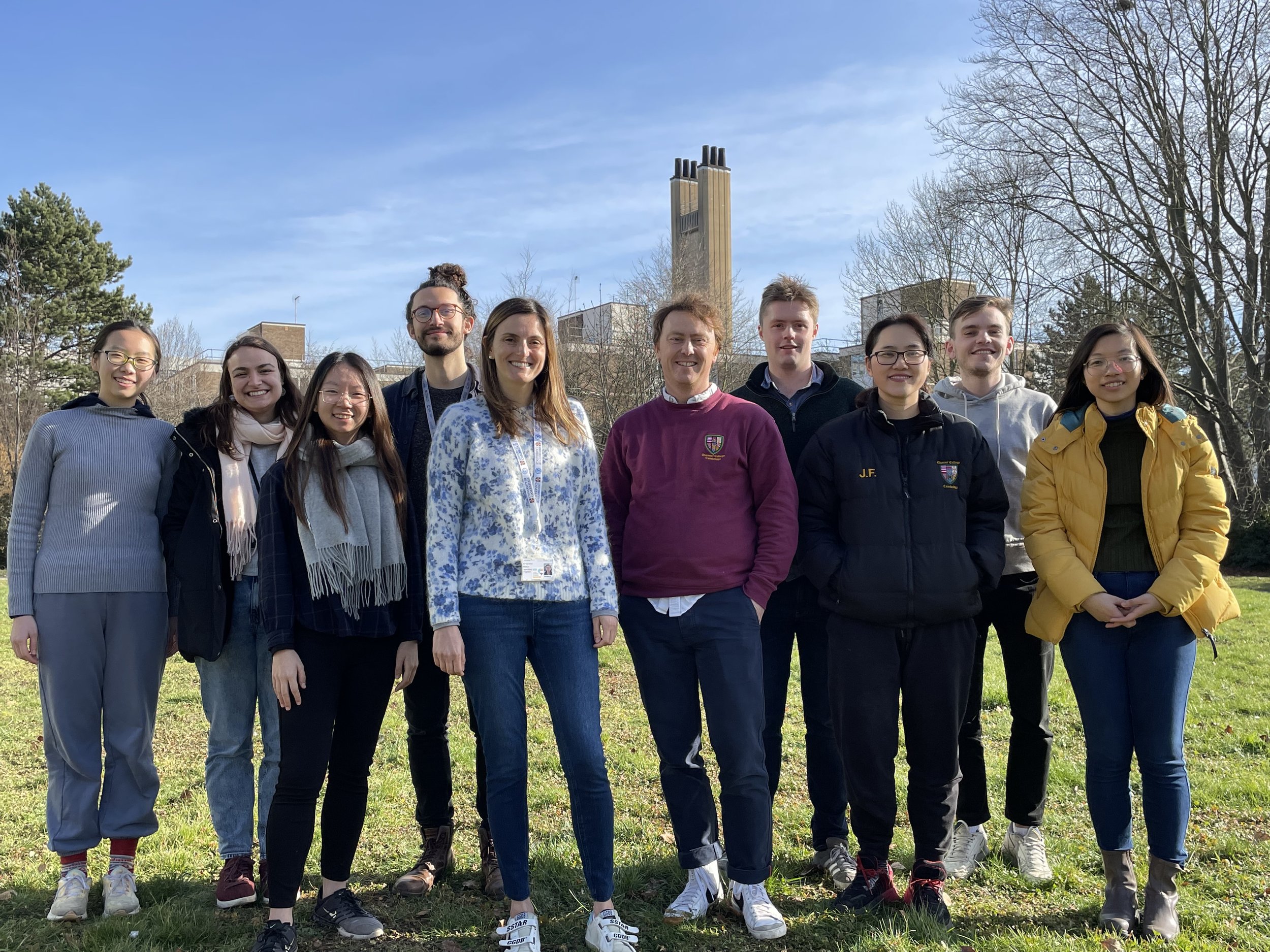

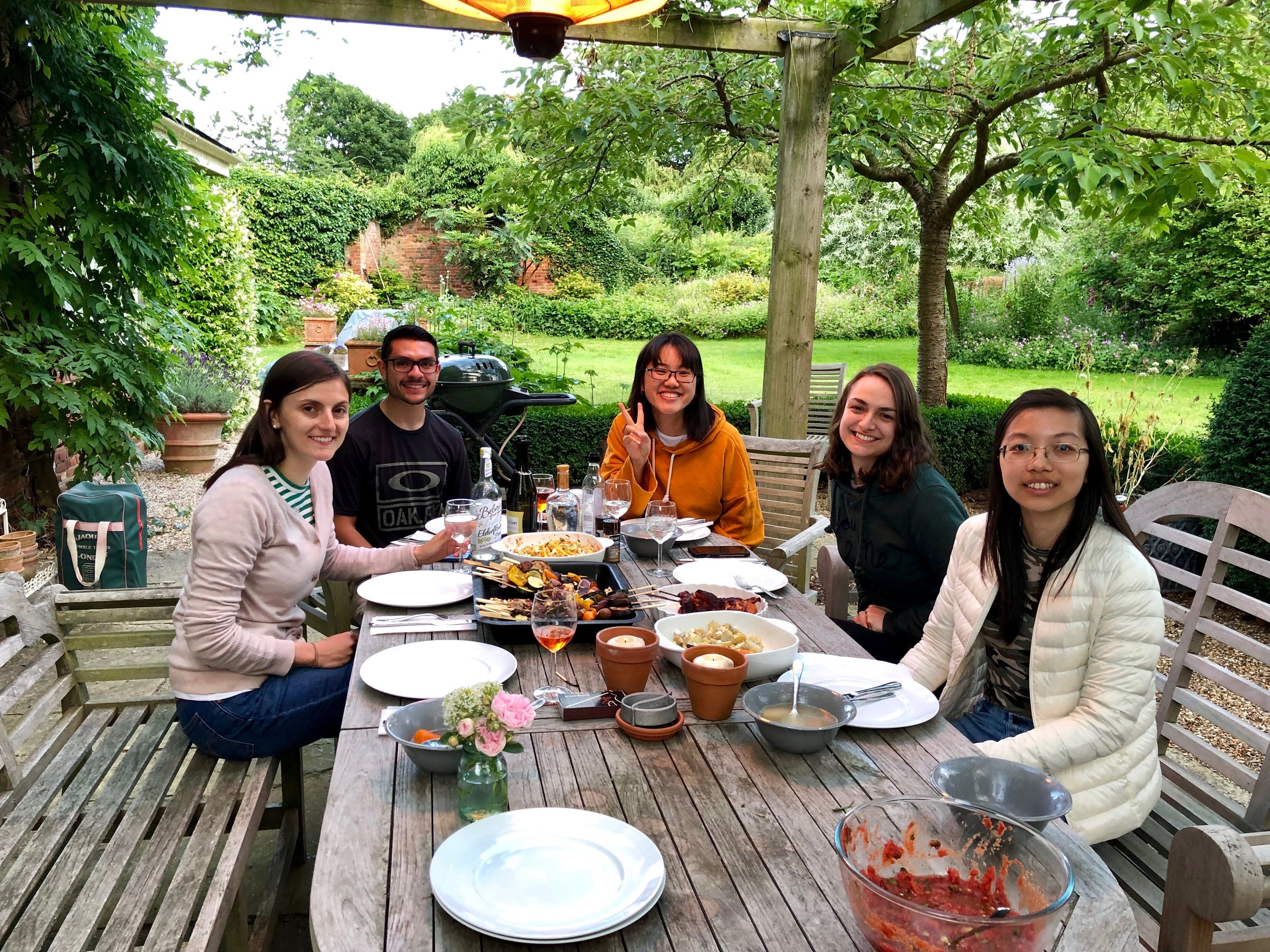

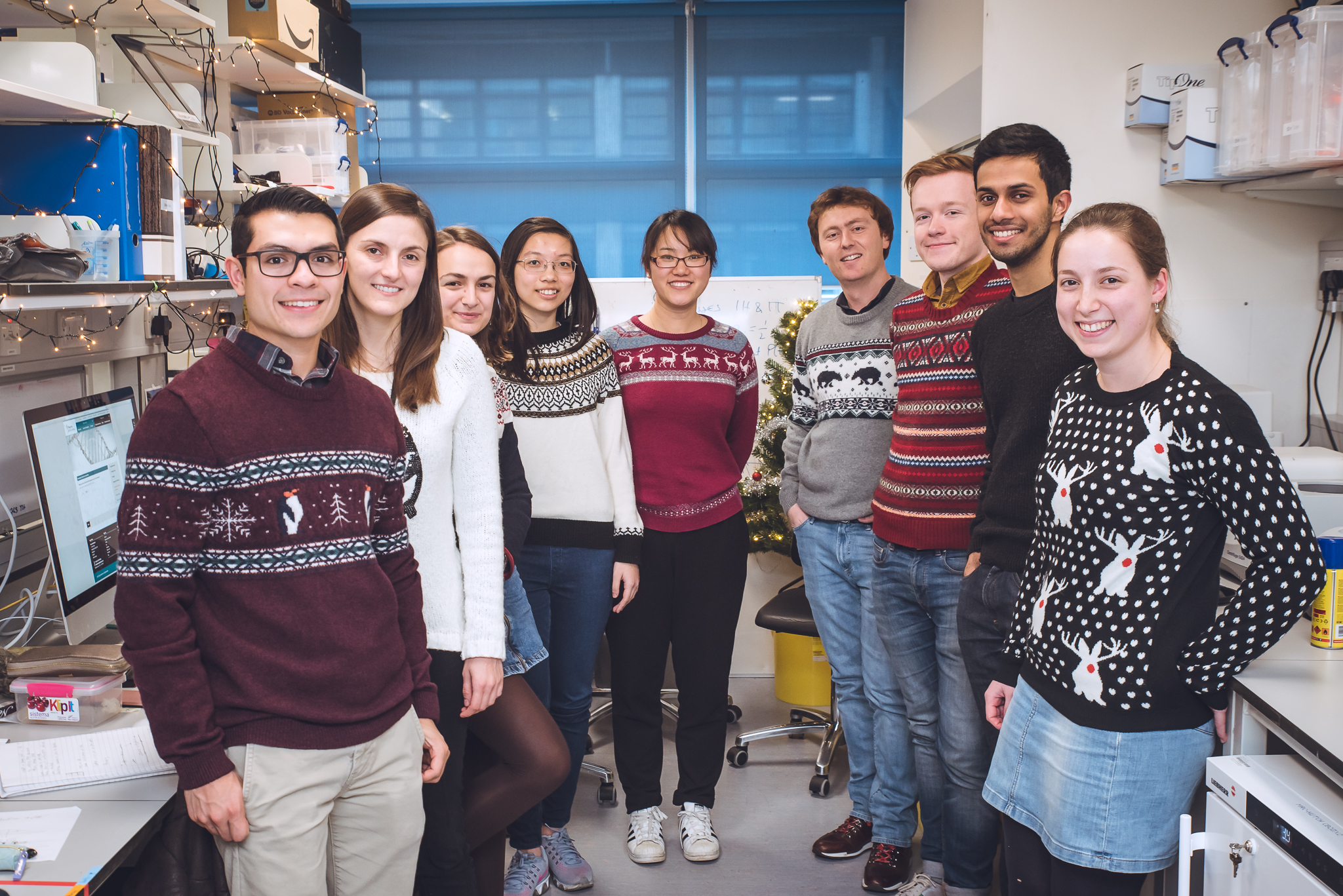
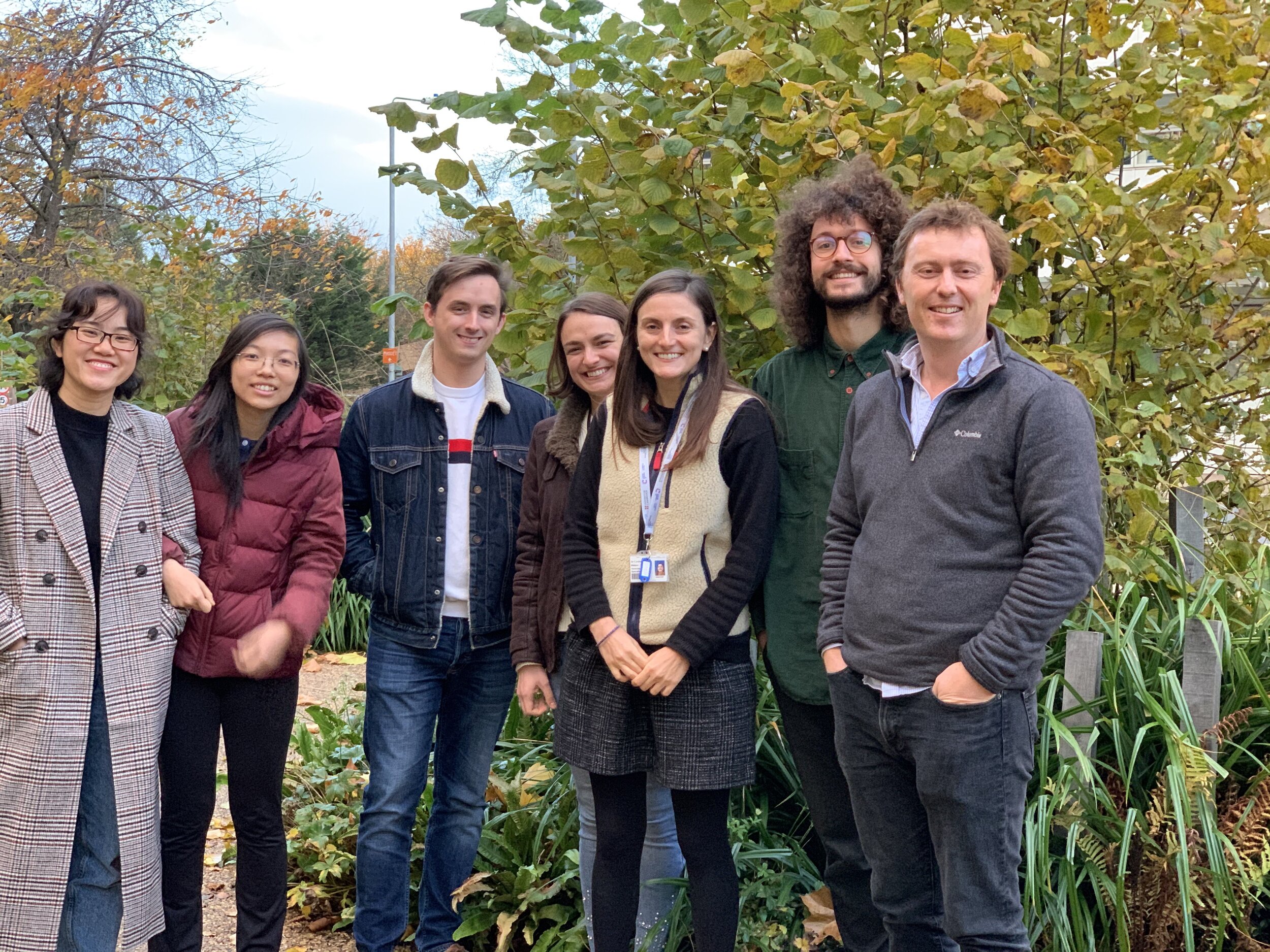
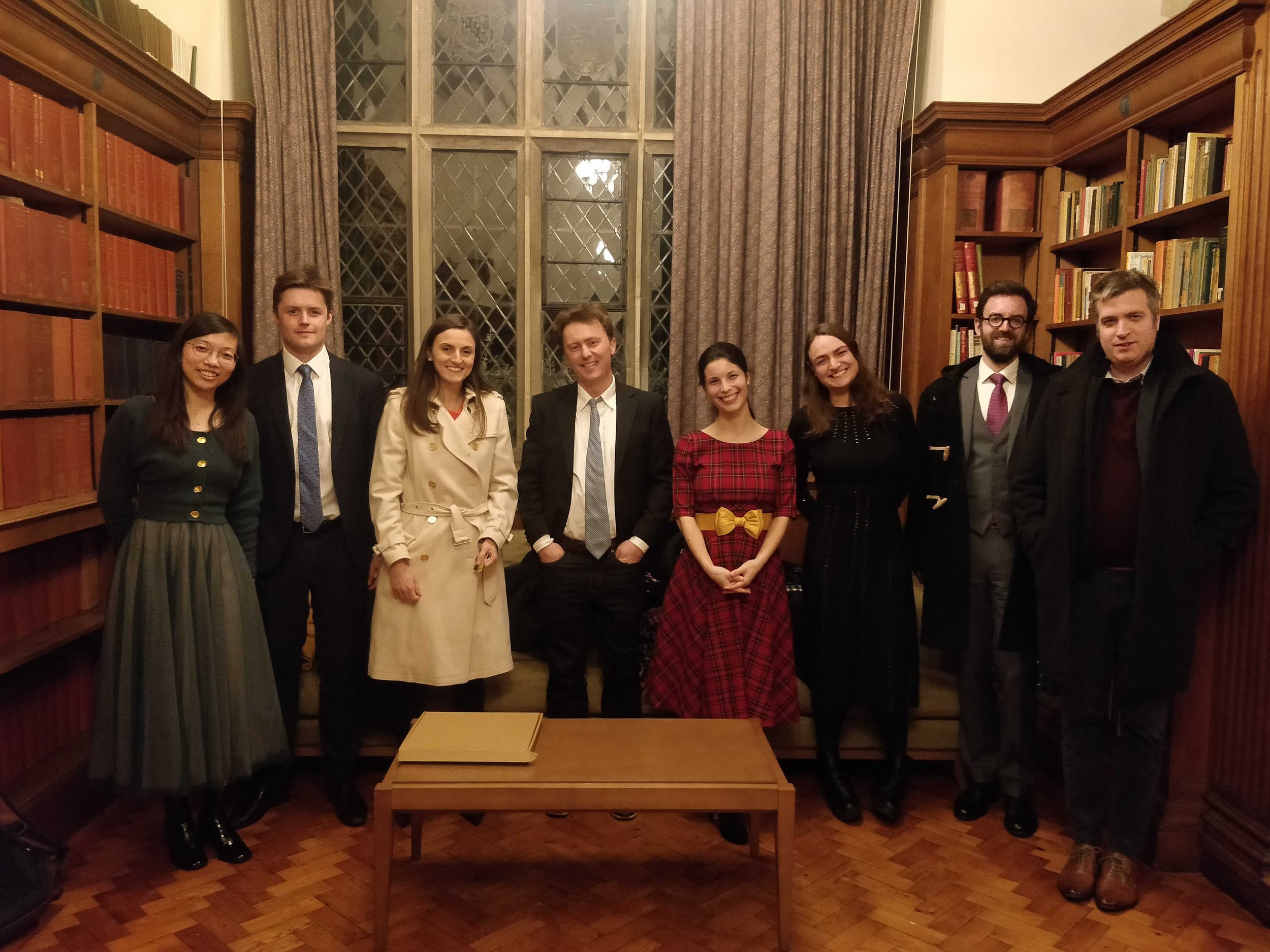
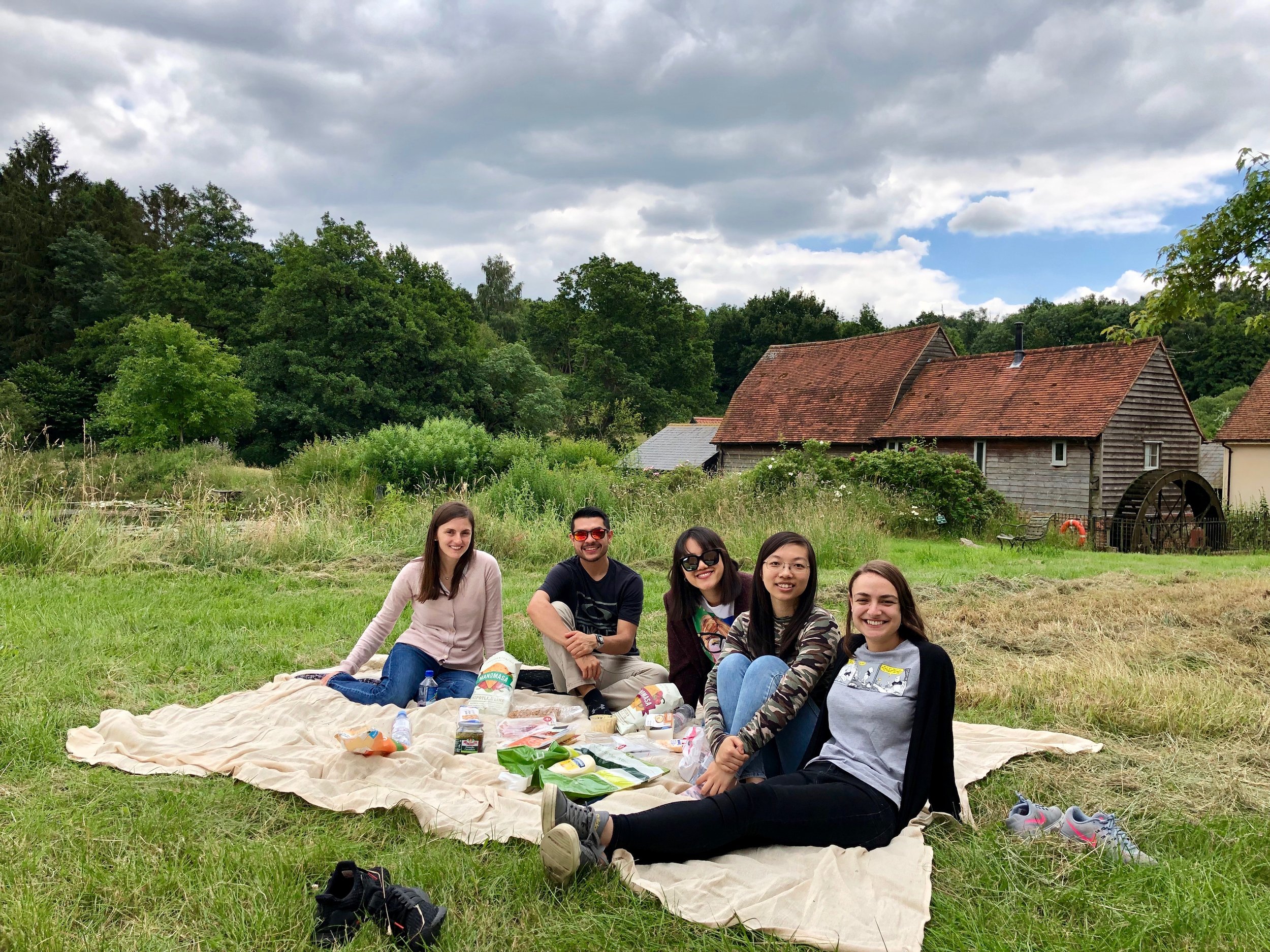
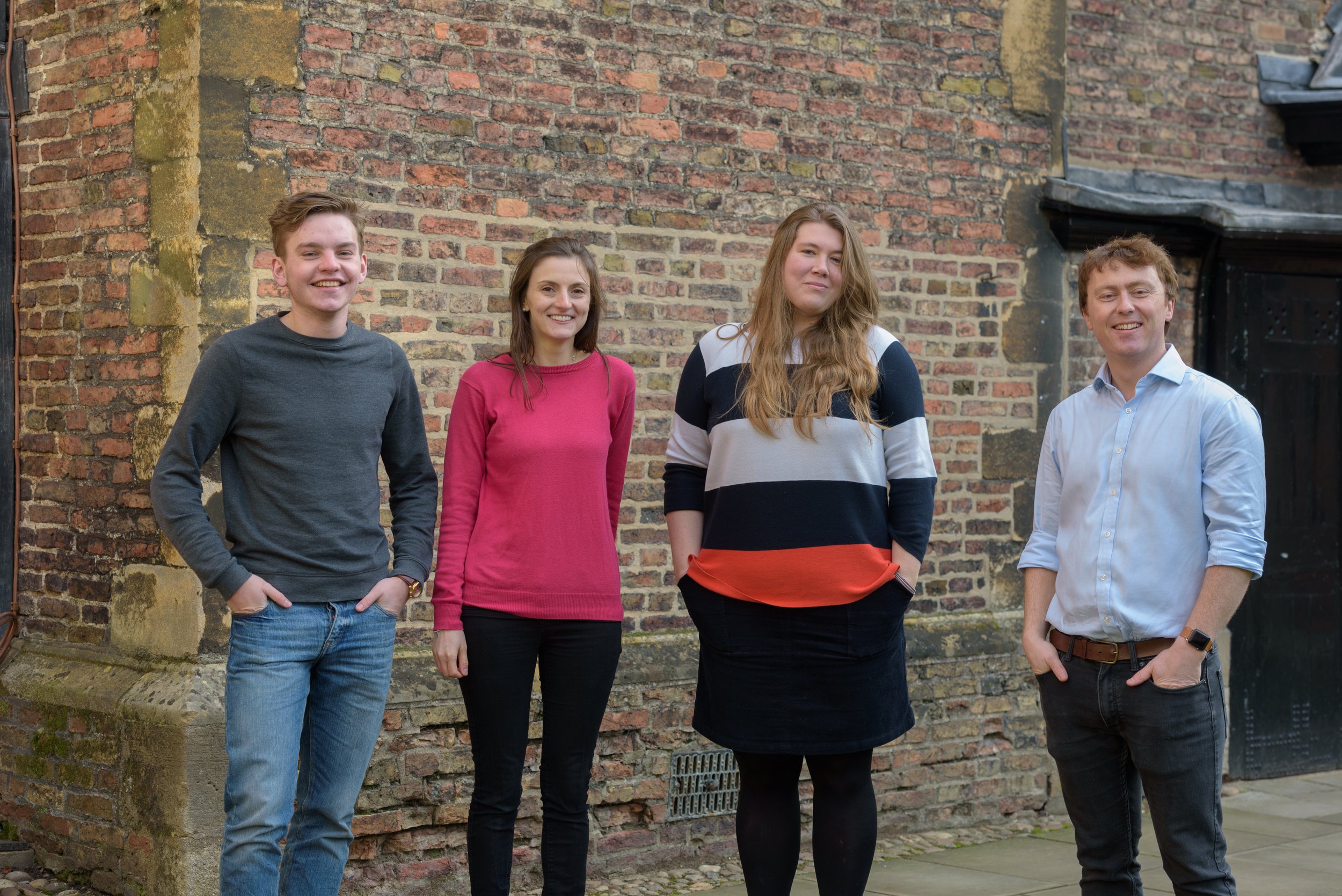
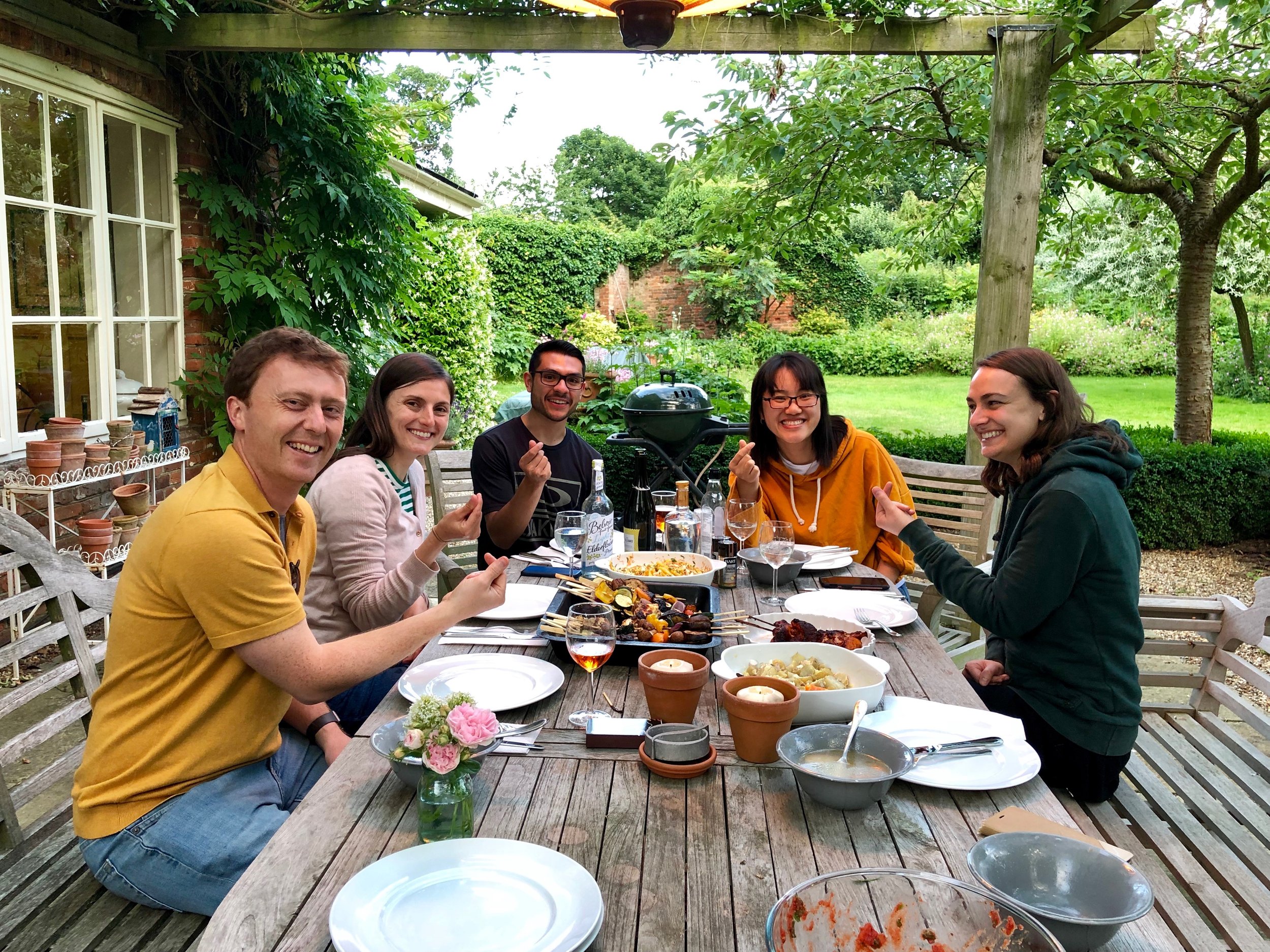
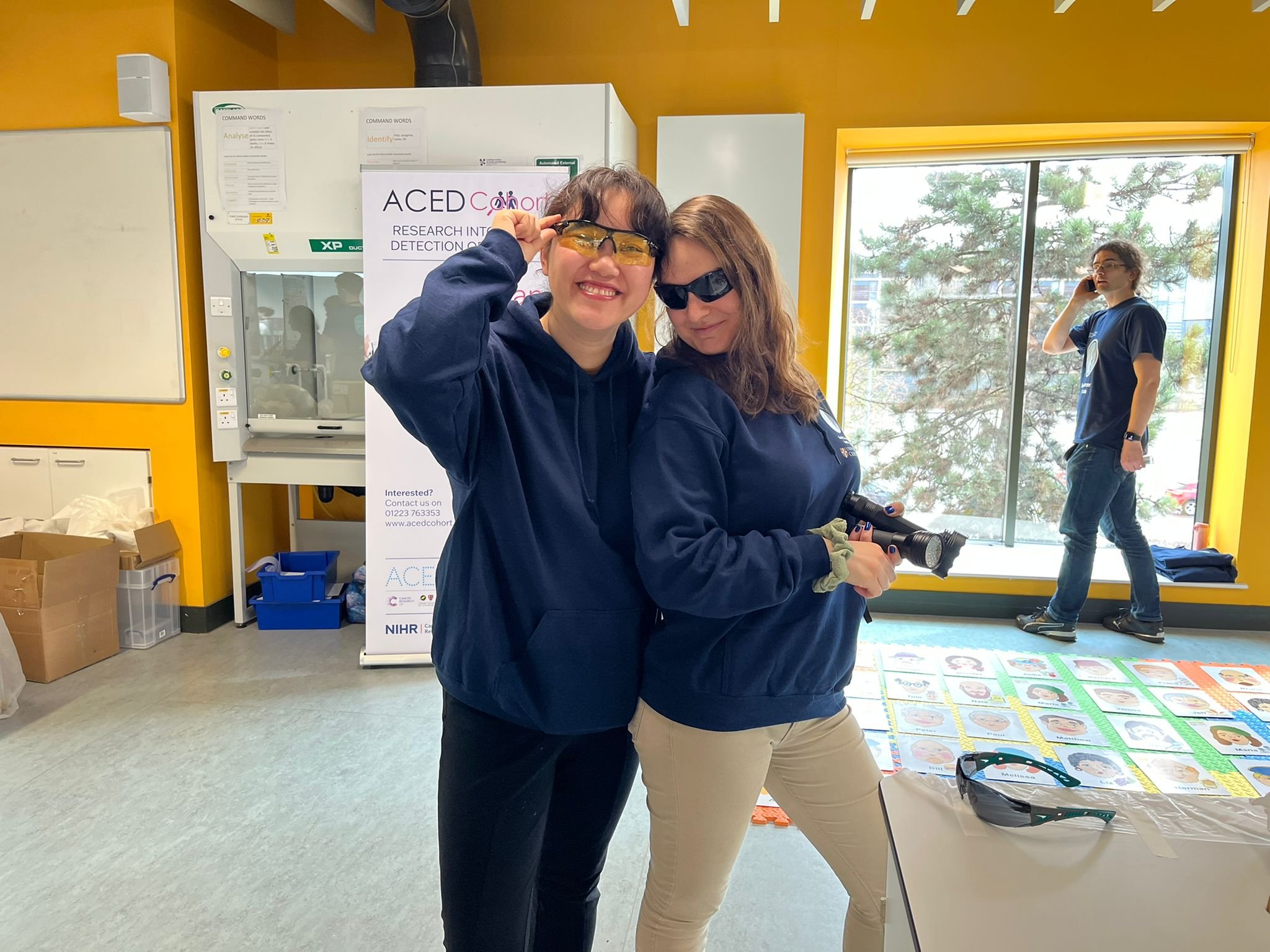
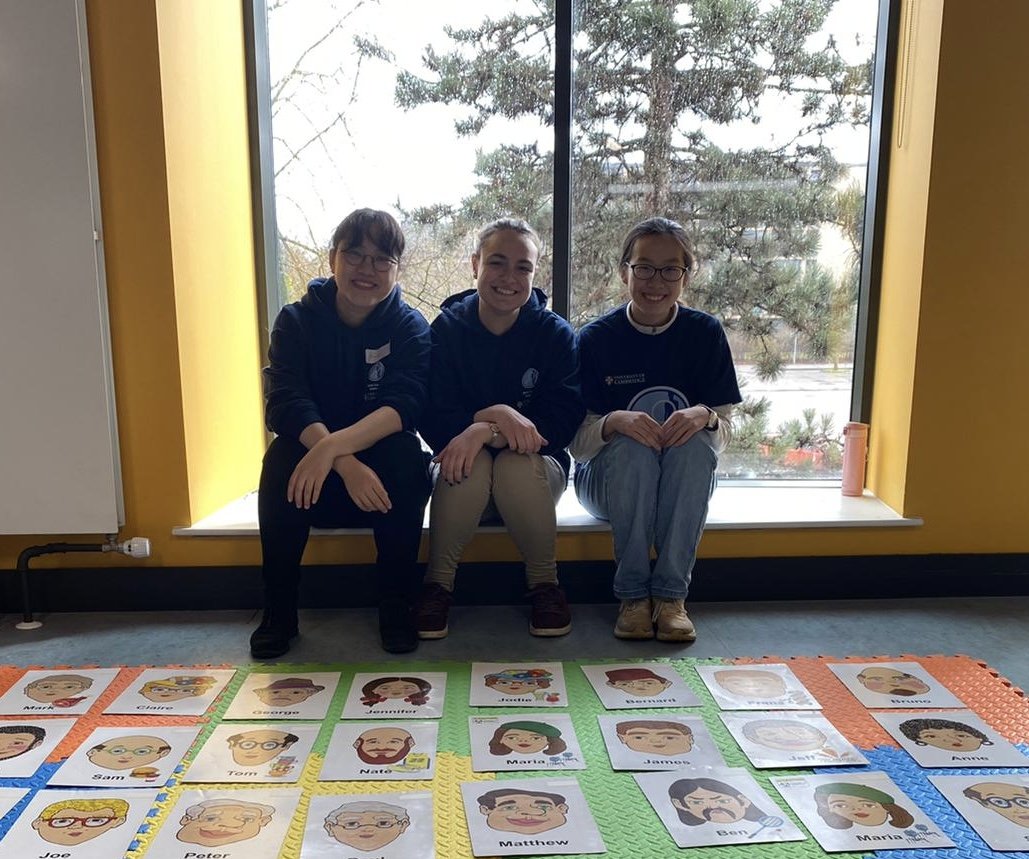

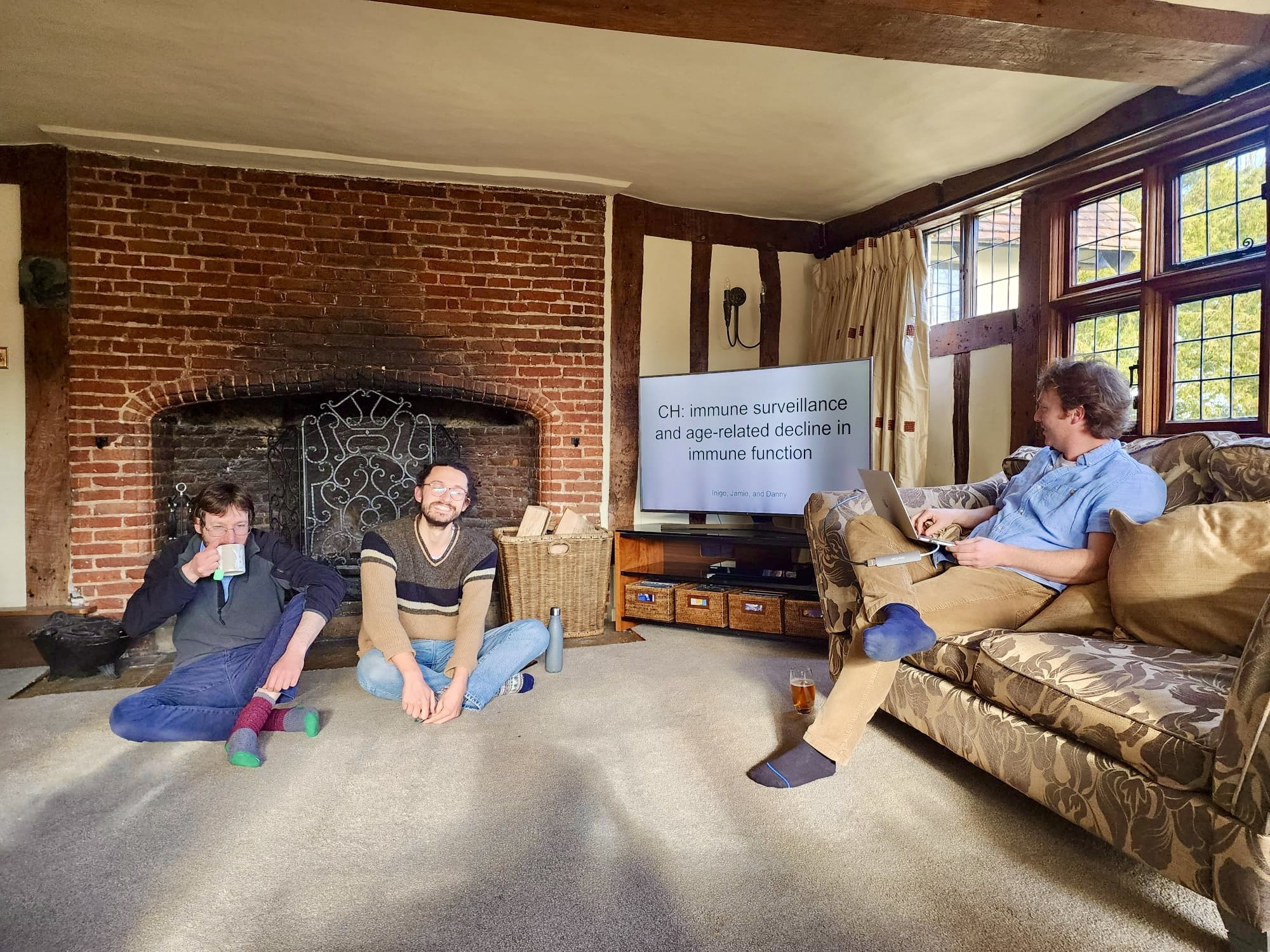
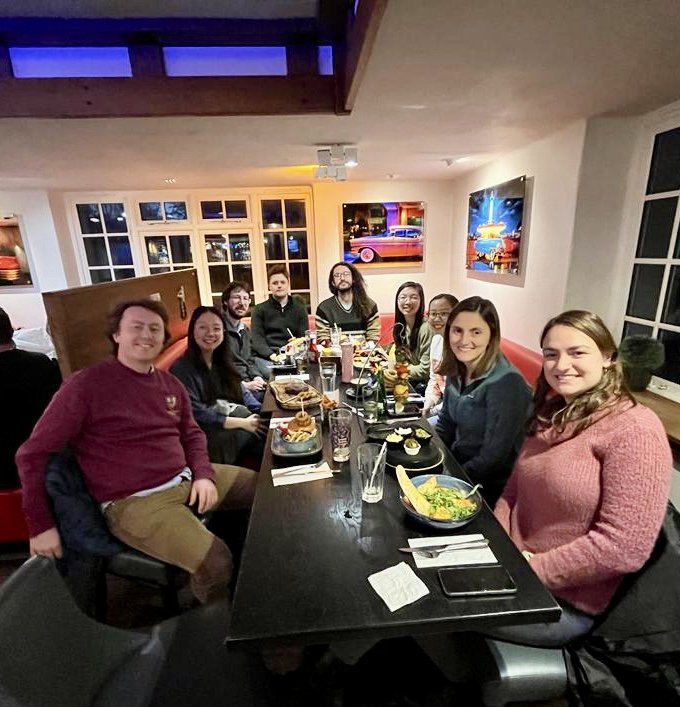

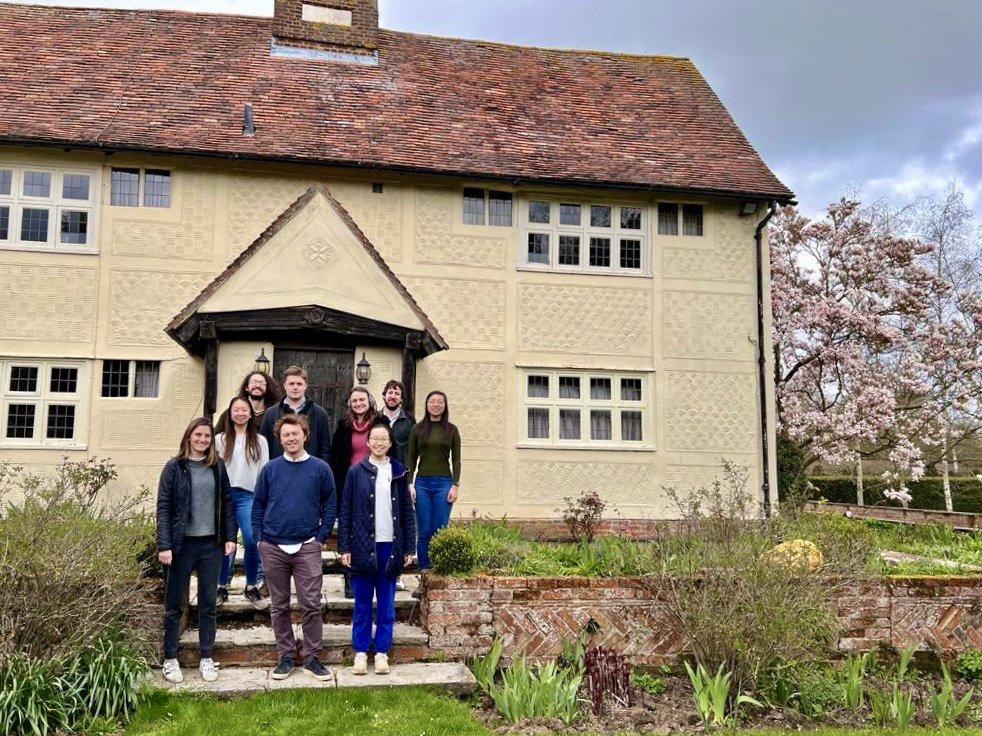
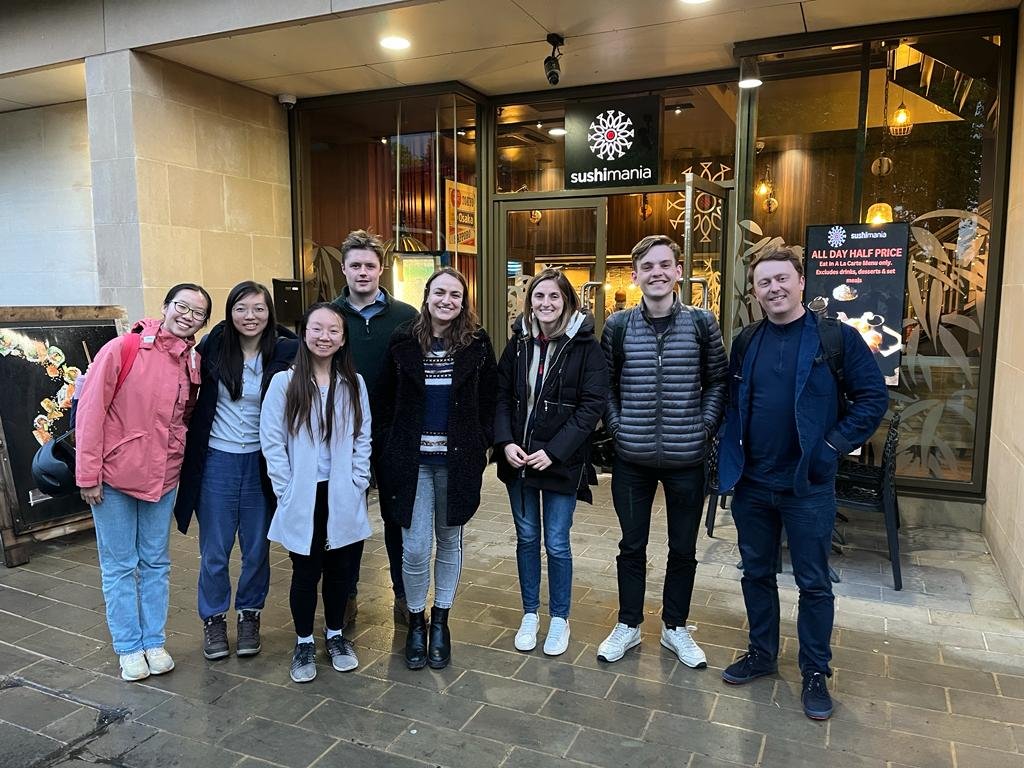
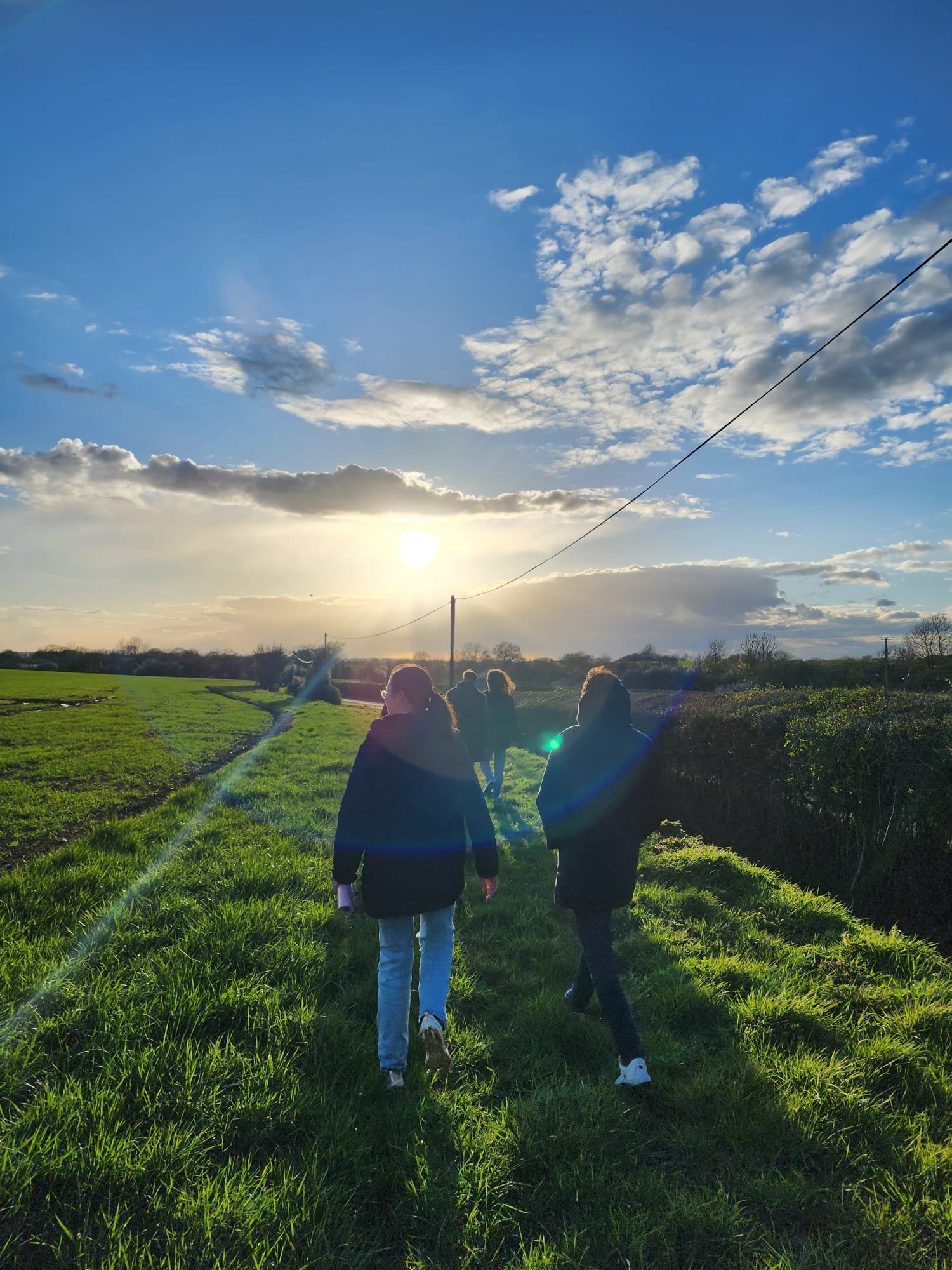
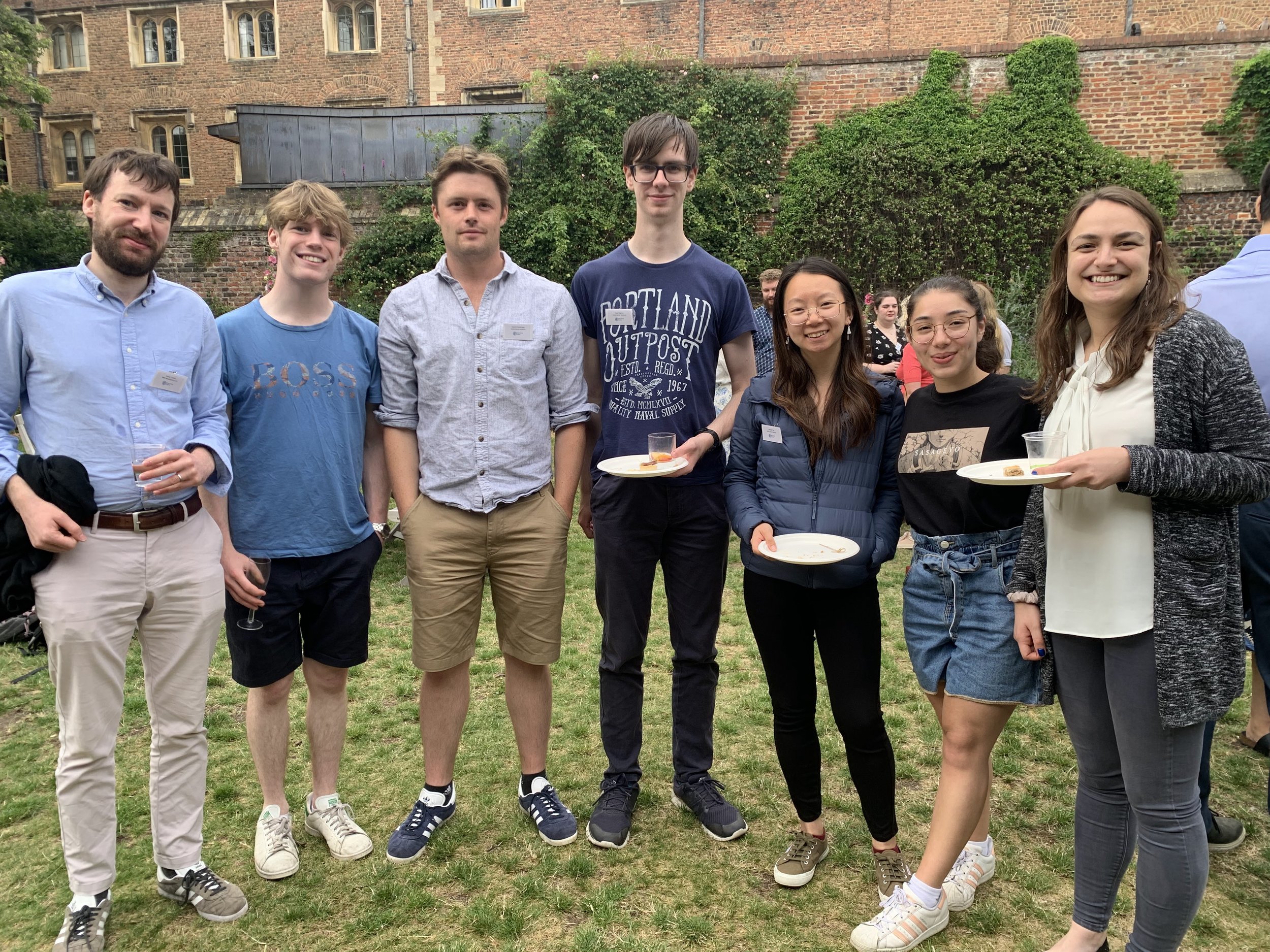
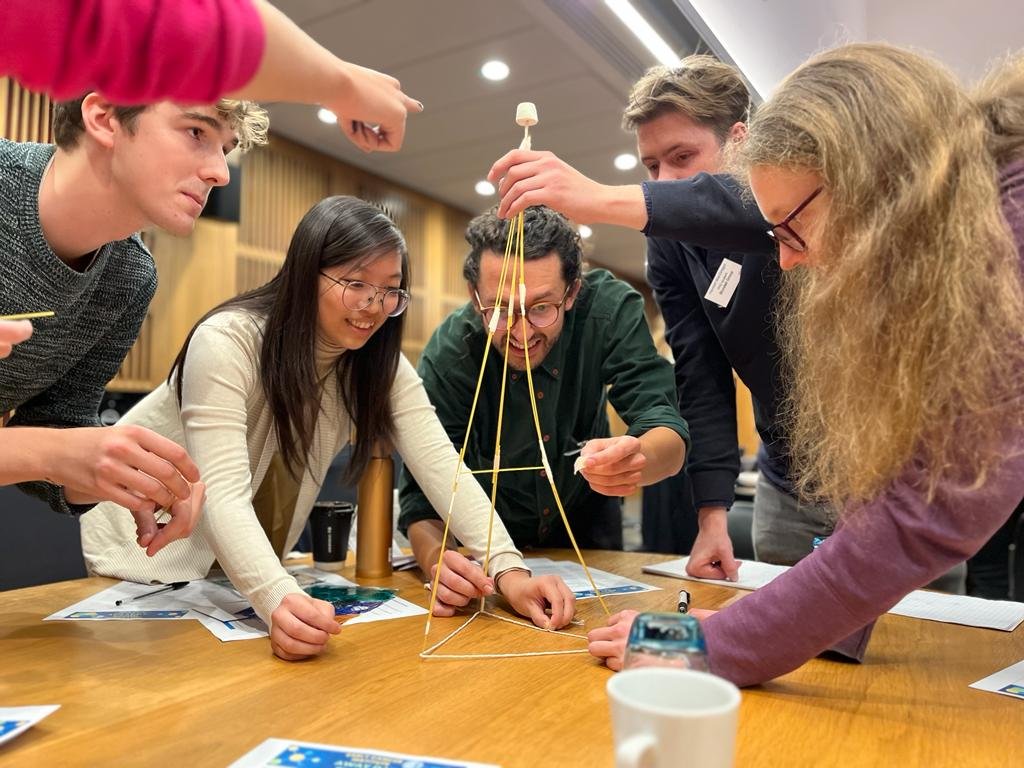


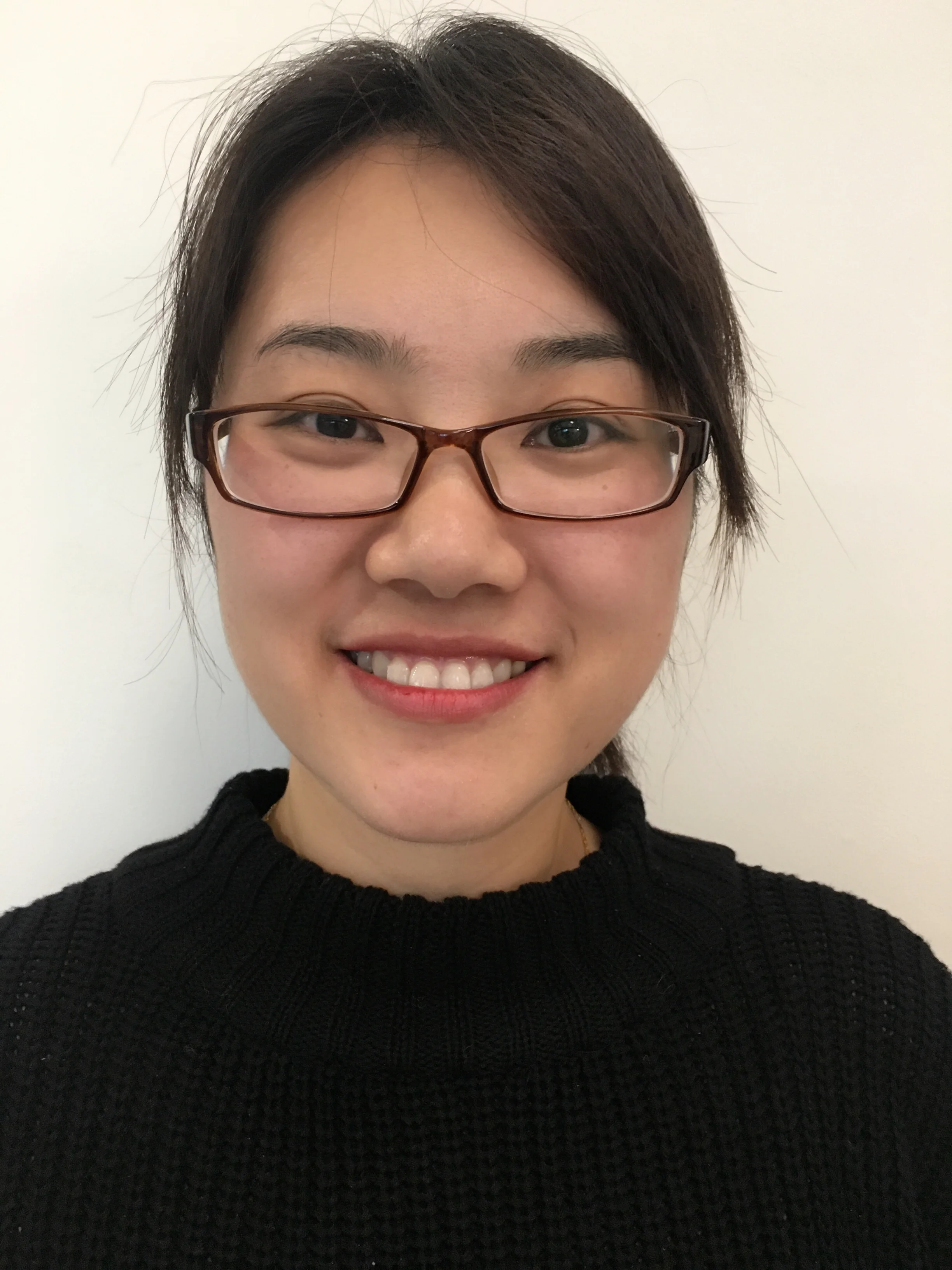
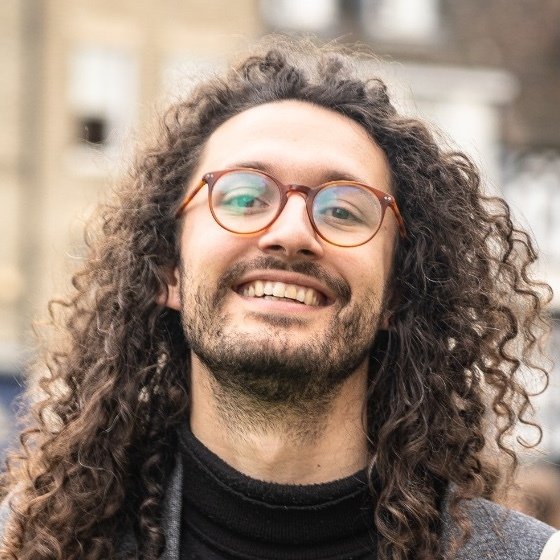




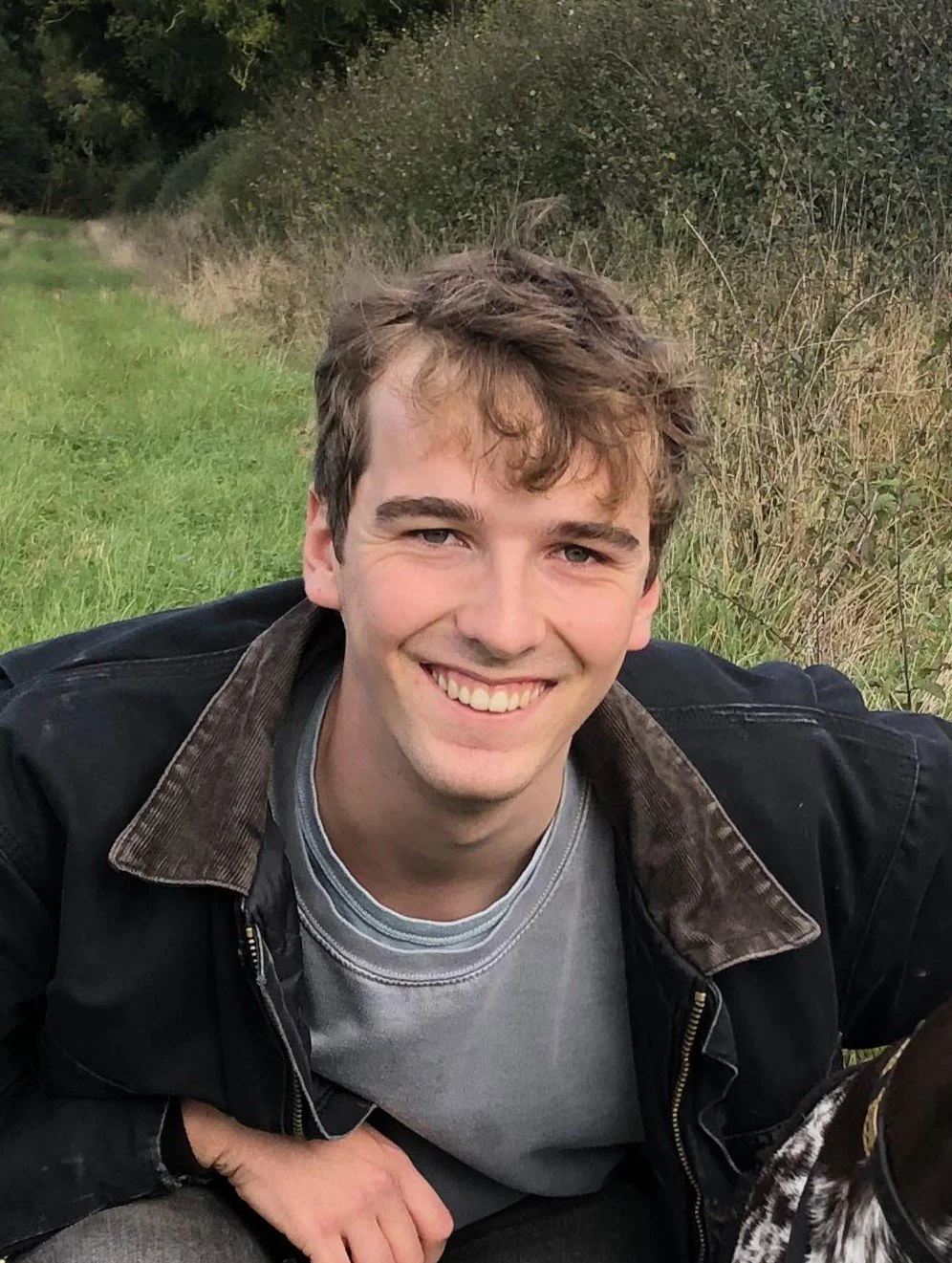



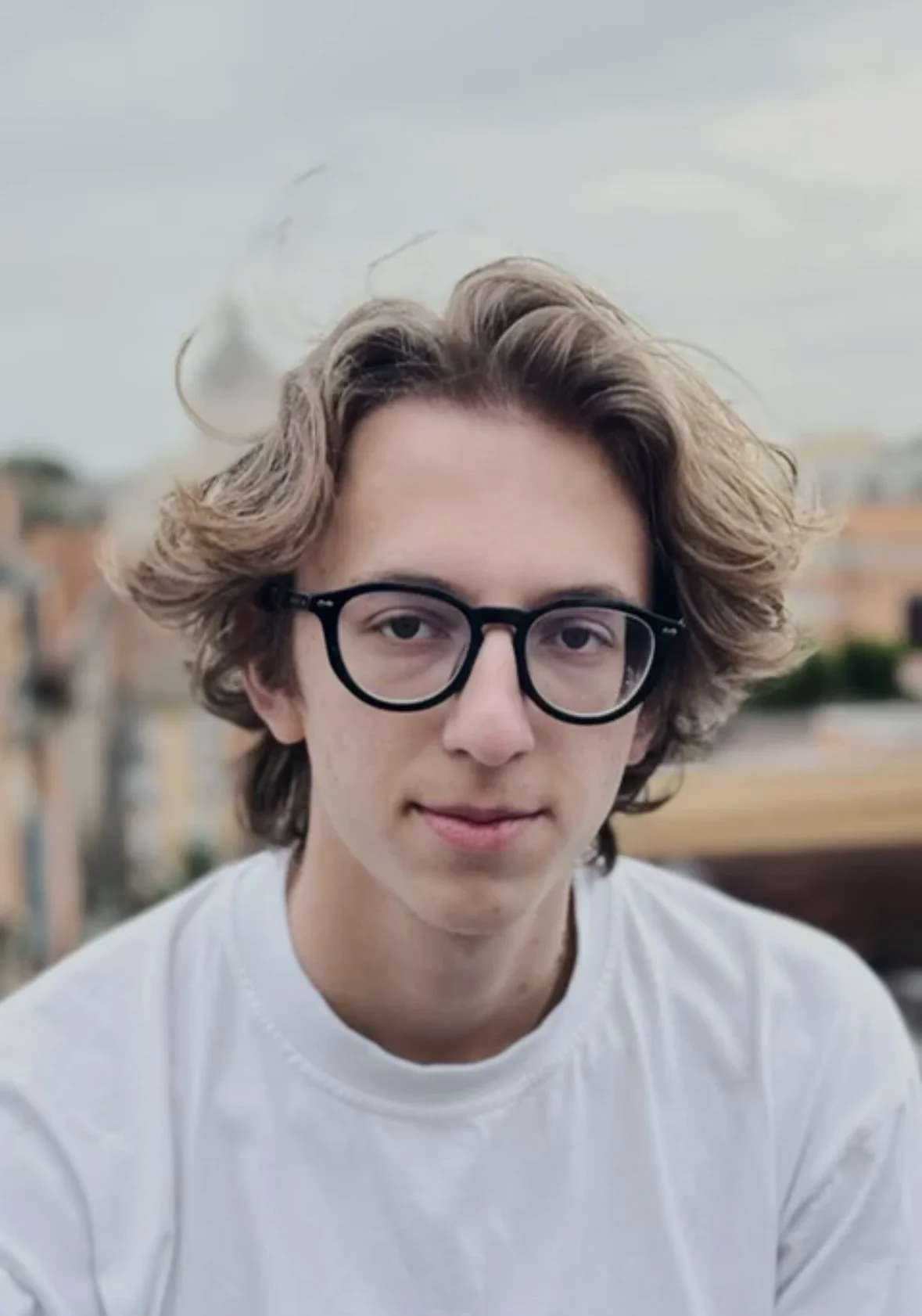







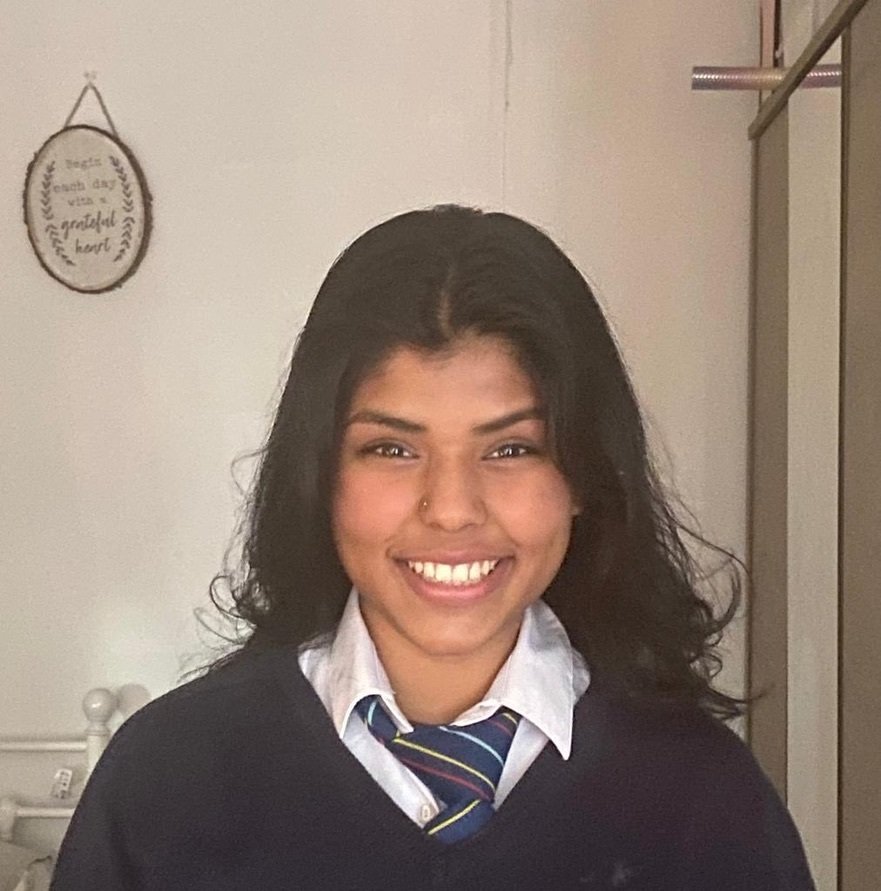






![FullSizeRender[1].jpg](https://images.squarespace-cdn.com/content/v1/590207dc15d5db48442ee658/1505133404972-PSK0T372VM28MXO3PTMZ/FullSizeRender%5B1%5D.jpg)










